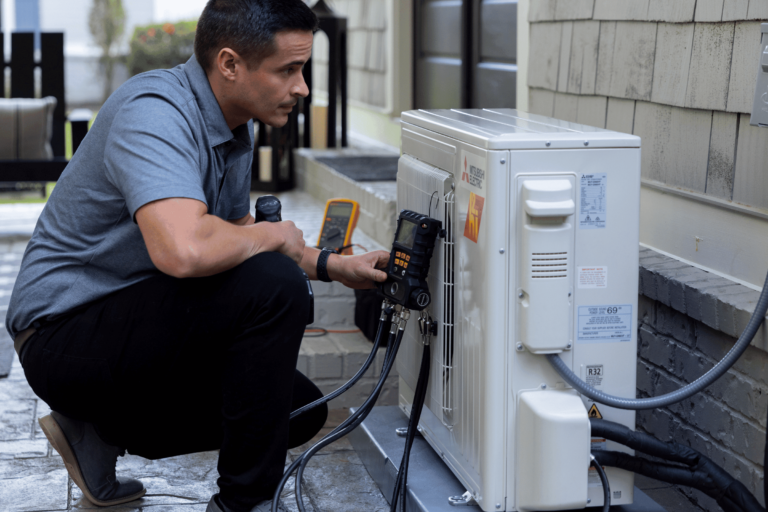San Antonio’s unique climate, characterized by hot summers and mild winters, necessitates a reliable HVAC (Heating, Ventilation, and Air Conditioning) system for both residential and commercial properties. Proper maintenance and timely repairs are crucial to ensure that HVAC systems operate efficiently and effectively, providing optimal comfort throughout the year. This article delves into the importance of HVAC repair in San Antonio, common issues encountered, and tips for maintaining these systems.
The Importance of HVAC Repair
HVAC systems are vital for maintaining indoor air quality and comfort. They regulate temperature, humidity, and airflow, creating a comfortable living and working environment. In San Antonio, where temperatures can soar in the summer, a malfunctioning HVAC system can lead to discomfort and even health issues, particularly for vulnerable populations such as the elderly and those with respiratory conditions.
Neglecting minor issues can lead to more significant problems, resulting in costly repairs or even the need for a complete system replacement.
Common HVAC Issues
Several common issues can affect HVAC systems in San Antonio, often exacerbated by the region’s climate:
- Refrigerant Leaks: Refrigerants are crucial for cooling homes. Low refrigerant levels, often due to leaks, can cause the system to work harder, reducing efficiency and increasing energy costs.
- Dirty Filters: Air filters trap dust, pollen, and other contaminants, improving indoor air quality. Over time, these filters become clogged, restricting airflow and causing the system to overheat and shut down.
- Thermostat Issues: A malfunctioning thermostat can lead to incorrect temperature readings, causing the HVAC system to cycle on and off improperly. It greatly increases wear and tear on the system.
- Electrical Failures: HVAC systems rely on numerous electrical components, such as capacitors and relays. Electrical failures can prevent the system from starting or cause it to shut down unexpectedly. Professional inspection and repair are necessary to address these issues safely.
Tips for Maintaining HVAC Systems
Preventive maintenance is key to avoiding costly repairs and ensuring HVAC systems operate efficiently. Here are some tips to keep these systems in top condition:
- Schedule Regular Maintenance: Professional HVAC technicians should inspect and service systems at least twice a year, ideally before the summer and winter seasons.
- Change Filters Regularly: Depending on usage and the type of filter, replace or clean air filters every 1-3 months. The airflow and efficiency can be improved significantly by following this step.
- Keep the Outdoor Unit Clean: The outdoor condenser unit can accumulate dirt, leaves, and debris, restricting airflow and reducing efficiency. So it is vital to maintain its cleanness for about two feet area.
- Check the Thermostat: Ensure the thermostat is functioning correctly and consider upgrading to a programmable or smart thermostat. These devices offer better control over HVAC systems, improving energy efficiency and comfort.
- Inspect Ductwork: Periodically inspect the ductwork for signs of wear and seal any leaks with appropriate materials.
Conclusion
By understanding common issues and implementing preventive maintenance measures, homeowners and business owners can ensure their systems operate efficiently and effectively. Regular professional maintenance, combined with simple DIY tasks, can extend the life of HVAC systems, reduce energy costs, and prevent unexpected breakdowns.
Whether dealing with minor issues or major repairs, timely attention to HVAC systems will ensure they serve well for years to come.


Comments are closed.